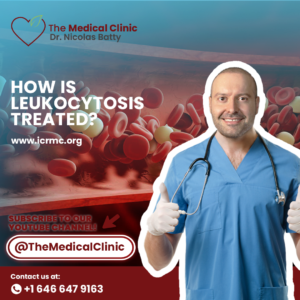How to Reduce Your Intake of Ultra-Processed Carbs and Sweets and Eat More Plants?
How to Reduce Your Intake of Ultra-Processed Carbs and Sweets and Eat More Plants? A study in the Journal of the American Medical Association reveals what you eat is most important for weight loss . The pounds will come off more quickly if you improve the quality of the foods you ingest. One of the healthiest ways to shed weight is to reduce your intake of sugar and rapidly metabolized carbohydrates. In particular, you want to cut out or drastically curtail your intake of high-glycemic-load foods, such as sugary snacks, processed carbs and soft drinks. When you avoid or cut back on




